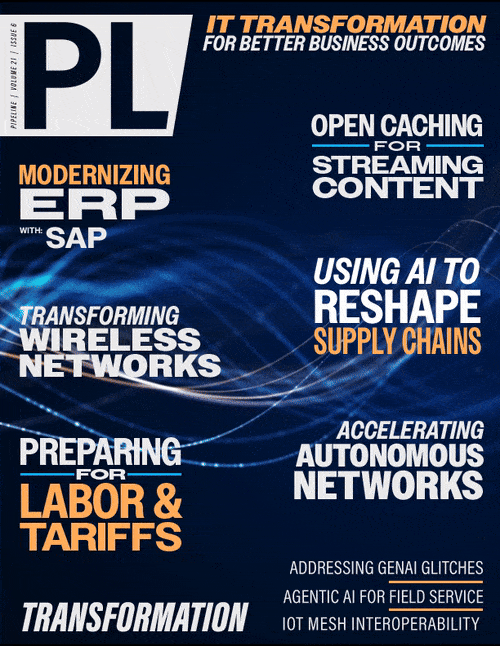Two-Thirds Of Consumers Underutilizing Their Smart DevicesGrowth of Connected Devices Creates New Opportunities for Brand Differentiation through Customer ServiceA new study released today by IDC indicates more than two-thirds of consumers are under-utilizing their smart devices and missing the full potential of the Internet of Things (IoT) While connected devices have made their way into the households of millions of consumers, new insights from research firm IDC found that less than one-third (31 percent) of consumers surveyed feel they take full advantage of all the capabilities of their digital assets, with 16 percent of users not knowing how to fully set up their devices, and nearly a quarter (24 percent) feeling that their digital assets had capabilities that would be useful, but were unsure of what they were. These findings reveal an opportunity for brands to provide more holistic, proactive and technical customer support, according to “Preparing Your Support Team for the IoT-connected Consumer,” a new IDC InfoBrief commissioned byTELUS International, a global provider of customer service and contact center outsourcing solutions. In the InfoBrief, IDC predicts that in less than three years, there will be more than 2.1 billion fixed consumer entertainment devices, which include connected TVs, digital media adapters, video game consoles and other web-enabled connected devices. Almost 50 percent of surveyed consumers noted a high interest in using home automation and IoT-enabled applications for home safety and security. Across product categories, the contact center will play a critical role in delivering a great customer experience; the complexity of IoT interactions will require more support from customer service agents, not less. “Some companies assume that digitally savvy consumers can easily navigate IoT-connected devices and, with the related rise in self-help, will need less support from contact center agents,” said Mary Wardley, Vice-President, Customer Service and Contact Center Solutions at IDC, who authored the paper. “Our research finds that the need for support agents is not decreasing, and is in fact expected to increase between 10-50 percent to meet consumer needs according to respondents when asked what their anticipated agent growth would be over the next 2-3 years.” The interconnectivity offered by IoT devices means consumers will need to understand not just their own device, but also how it interacts and coexists within an ecosystem of other connected devices. Ensuring a consistent experience across multiple channels of operation (50 percent), and hiring motivated, capable and friendly personnel (49 percent) are two key factors in delivering a superior customer experience, according to the research. “As IoT devices gain greater popularity and penetration, informed, holistic and technically advanced customer service support will become a key brand differentiator,” said Michael Ringman, CIO of TELUS International. To deliver that superior customer experience across channels, senior leaders will need to ensure customer service agents are equipped to handle complex diagnostics issues, have an awareness of the increased security and privacy concerns that arise with connected devices, and feel empowered to take the time necessary to manage client issues, even if it increases average call times, according to the InfoBrief. “Companies have a great opportunity to showcase their innovation, knowledge, product value and service excellence by finding a contact center partner that has skilled agents who can help consumers unlock the full potential of their devices,” said Ringman. Source: TELUS International release | |

















